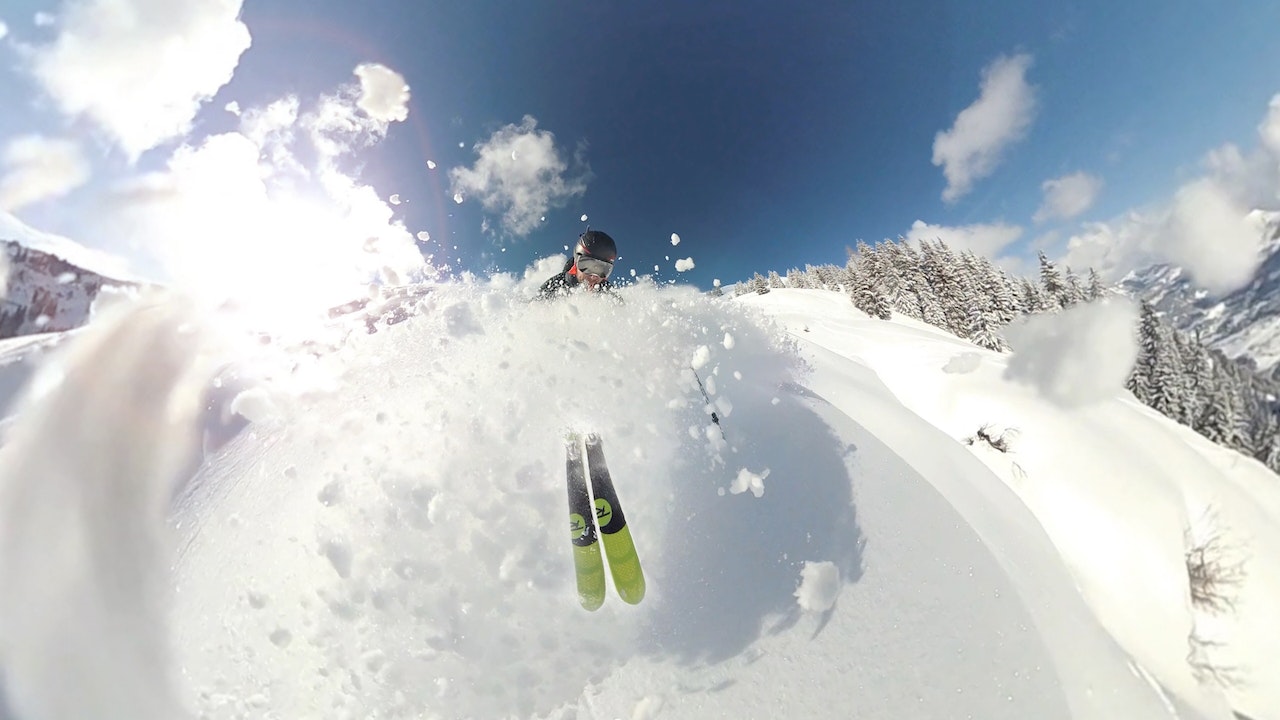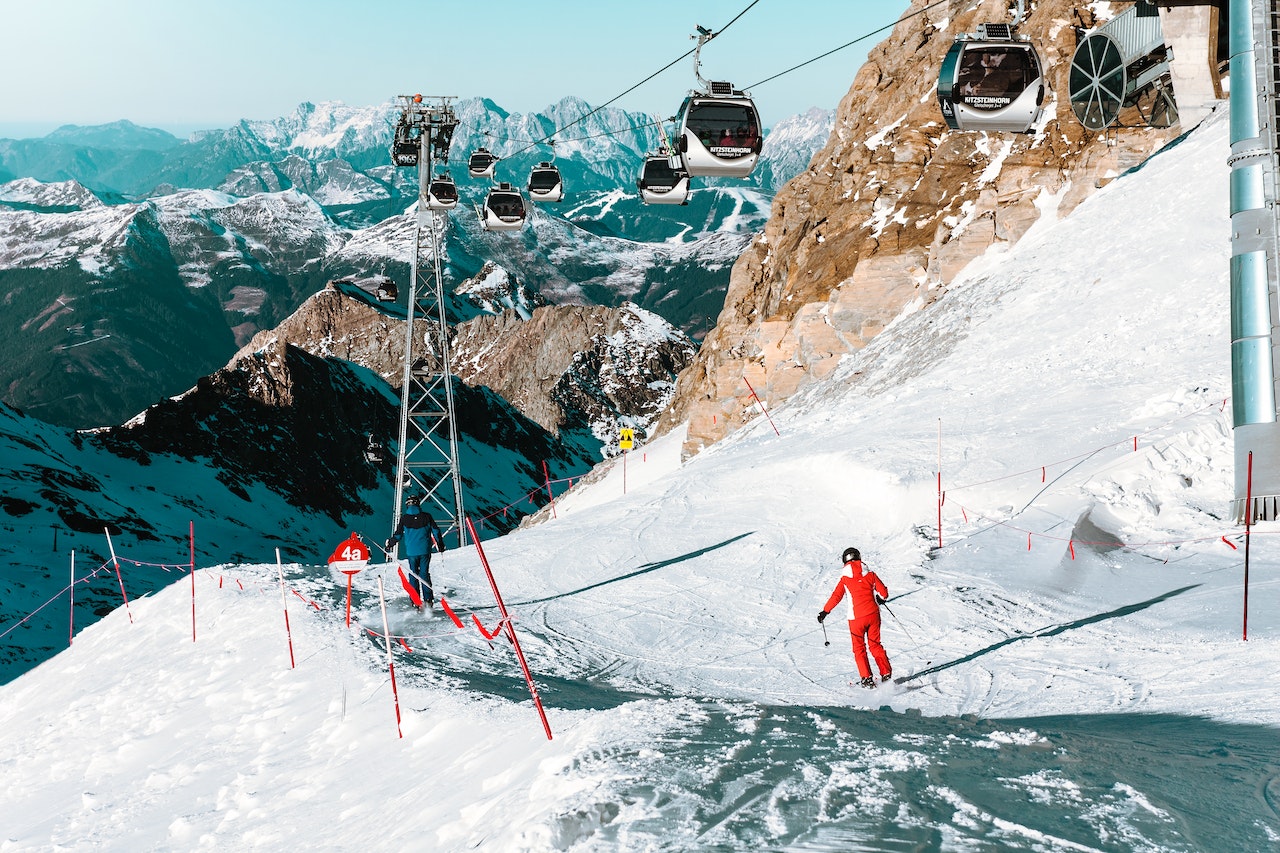Whether you are an experienced skier or snowboarder, a complete newbie, or haven’t been on a slope in years, you need to prep before taking your trip. Here are some tips for making sure your adventure goes smoothly!
Get fit
Whether you’ve been skiing or snowboarding for years, or are just getting into it you need to get fit. Not only to avoid injury, but also to have the stamina to enjoy every moment you can on your trip! Go for exercise routines that help with flexibility and endurance such as:
- Stretching
- Core strengthening
- Running
Pack for the worst weather
It’s essential to wear the right clothes on a ski trip. Think technical fabrics and make sure to layer your clothing – the weather can change quickly at high altitude!
- Base layer – merino wool for warmth and sweat-wicking.
- Mid layer – thin fleece activewear
- Shell layer – waterproof jacket and salopettes with taped seams
- Accessories – hat, gloves and snood
Prepare for a high altitude environment
The higher you are, the more time it will take for your body to adjust, you may need a couple of days to acclimatise if you are heading to a region that is above 2000 metres.
- Stay hydrated
- Eat light meals that are high in carbohydrates and protein
- Avoid alcohol, tobacco, caffeine and carbonated drinks
Plan ahead for emergencies
Pack extra clothes or food supplies just in case bad weather means you can’t get back to your base. An emergency kit with whistle, torch and first aid supplies is also advisable.
Get travel insurance that will cover the costs of everything from minor injuries requiring medical assistance through to repatriation and even death. An emergency plan is also a good idea. Things to consider include:
- Know the local emergency number
- Tell someone where you are heading and what time you expect to return
- Have a physical map as well as a offline map
- Decide who will be the person to contact in case of an emergency
Get special travel insurance for wintersports
Minor injuries on the slopes are common and major injuries can be financially and emotionally devastating.When looking for the right policy also consider having the right level of cover in case anything happens to your equipment, luggage, or loss of time on the slopes.
- As well as skiing and snowboarding, our wintersports travel insurance covers a wide range of sports and activities.
- We offer 24 hour emergency assistance – our multilingual helpline ensures you can access urgent medical treatment from a GP or in hospital. Our Assistance Service can liaise with overseas medical staff and your own doctor so you don’t have to.
- Our policy covers treatment overseas and repatriation costs to return home after a medical emergency.
- Whether you’re skiing for just for a few hours or for most of your trip, our winersports travel insurance provides cover for Ski equipment and reimbursement of Ski Pass costs if you cannot ski and compensation for Piste Closure.
Hire a guide
Guides are there to help you get the most out of your trip and ensure that you have a safe, fun time. They know the terrain like the back of their hand and can point out where to go for the best runs or even find hidden gems on busy weekends. If something goes wrong—and it may they’ll be there with advice and support before it becomes an emergency.
Know the signs of unsafe equipment
Whether you own your own your own ski gear or you plan to hire at a resort, make sure you check everything over before you use it!
- If the edges of skis or a snowboard are rounded, or if the base is split or cracked it can lead to an accident during your trip, as well as damage other equipment.
- If you see rust on the bindings or screws that hold them in place don’t use it. Rusting bindings can cause them to come loose and leave you with no way to get back up on your feet.
- If there is a lot of play in the binding when you move it forward and backward, then it might not tighten up enough when you step onto those gears next time!
Know the mountain rules
Every destination has it’s own mountain code, local customs and laws, be sure to find out what you can and can not do and follow the rules.
It doesn’t matter how experienced you are, when you are on the slopes you need to keep your wits about you and use common sense at every turn. By planning ahead and being prepared for every eventuality you’ll be more likely to have a holiday that will be memorable for all the right reasons!
Get a quick quote for your wintersports travel insurance online or by calling one of our team.


